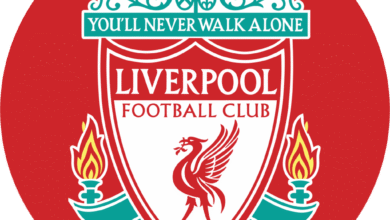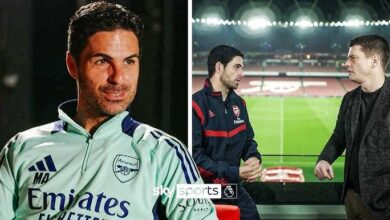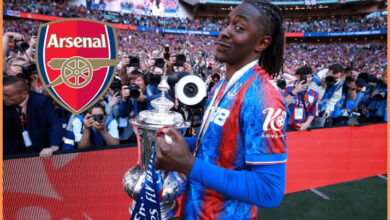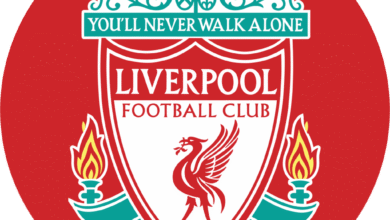Barcelona’s Near Misses: The Untold Story of Almost Signing Isak and Núñez

The world of football transfers is often defined by the ones that got away – those tantalizing “what if” scenarios that leave clubs, fans, and executives wondering about alternate timelines. For FC Barcelona, few transfer near-misses sting quite as much as their failed attempts to secure two of Europe’s most coveted strikers: Alexander Isak and Darwin Núñez. Recent revelations from former Barcelona sporting director Ramon Planes have shed new light on just how close the Catalan giants came to landing these prolific forwards, offering a fascinating glimpse into the complex machinery of modern football recruitment.
Ramon Planes, who served as Barcelona’s sporting director during some of the club’s most challenging years, has emerged as a candid voice about the inner workings of Camp Nou’s transfer dealings. His tenure coincided with a period of significant transition for the club, marked by financial constraints, presidential changes, and the monumental task of rebuilding a squad in the post-Messi era. It was during this turbulent time that Barcelona identified several key targets who could potentially reshape their attacking options for years to come.
Planes’ recent interview with Sport magazine has provided unprecedented insight into the club’s recruitment philosophy and the painful reality of modern football economics. His revelations about Isak and Núñez represent more than just missed opportunities; they illustrate the fine margins that separate success from failure in the transfer market and the lasting impact of timing, finances, and external circumstances on a club’s destiny.
Of all the players who slipped through Barcelona’s fingers, few epitomize the club’s traditional values quite like Alexander Isak. The Swedish international, currently plying his trade at Newcastle United and reportedly on the radar of Liverpool, represents the type of forward that Barcelona has historically coveted – technically gifted, tactically intelligent, and capable of operating within the intricate passing networks that define the club’s playing philosophy.
Planes’ assessment of Isak reveals a deep understanding of what makes a striker suitable for Barcelona’s unique demands. “I saw him as a striker with a Barça profile, a very associative striker, a striker with a lot of mobility,” Planes explained, highlighting the specific qualities that caught his attention during Isak’s time at Real Sociedad. This description perfectly encapsulates Barcelona’s traditional approach to center-forwards – players who can contribute to build-up play, create space for teammates, and maintain the fluid movement that has been a hallmark of the club’s most successful teams
The timing of Barcelona’s interest in Isak coincided with the striker’s breakout performances in La Liga with Real Sociedad. During his time in San Sebastián, Isak demonstrated remarkable growth, evolving from a promising young talent into one of Europe’s most complete forwards. His ability to drop deep, link play, and create opportunities for teammates while maintaining a genuine goal threat made him an ideal candidate for Barcelona’s system.
However, the transfer market is rarely straightforward, and Barcelona’s pursuit of Isak encountered the same financial and competitive pressures that have plagued many of their recent transfer endeavors. Planes’ admission that they were “very, very, very close” to securing the Swedish striker adds a layer of frustration to what might have been a transformative signing for the club.
The implications of missing out on Isak extend far beyond a single transfer. His subsequent move to Newcastle United for a substantial fee demonstrated his market value, while his continued development in the Premier League has only enhanced his reputation as one of Europe’s premier forwards. For Barcelona, who have struggled to find a long-term solution at center-forward, the Isak near-miss represents a sliding doors moment that could have altered the trajectory of their recent seasons.
Perhaps even more intriguing is the story of Barcelona’s pursuit of Darwin Núñez, which reveals a long-term strategic vision that was ultimately thwarted by timing and competition. Planes’ revelation that Núñez was viewed as a potential successor to Luis Suárez provides insight into Barcelona’s forward planning and their recognition of the Uruguayan legend’s eventual departure.
The Núñez story is particularly fascinating because it highlights the interconnected nature of modern football’s loan and development systems. Planes revealed that when he was working with Almería, he had discussions with then-Barcelona coach Ronald Koeman about incorporating Núñez into a development project similar to the one that proved so successful with Pedri. The plan was ambitious yet practical: sign the young Uruguayan for a modest fee and loan him to Almería for further development before integrating him into Barcelona’s first team.
This approach reflected Barcelona’s traditional philosophy of nurturing young talent and their understanding that not every signing needs to make an immediate impact. The Pedri comparison is particularly apt, as the young Spanish midfielder’s loan spell at Las Palmas proved crucial to his development before his















